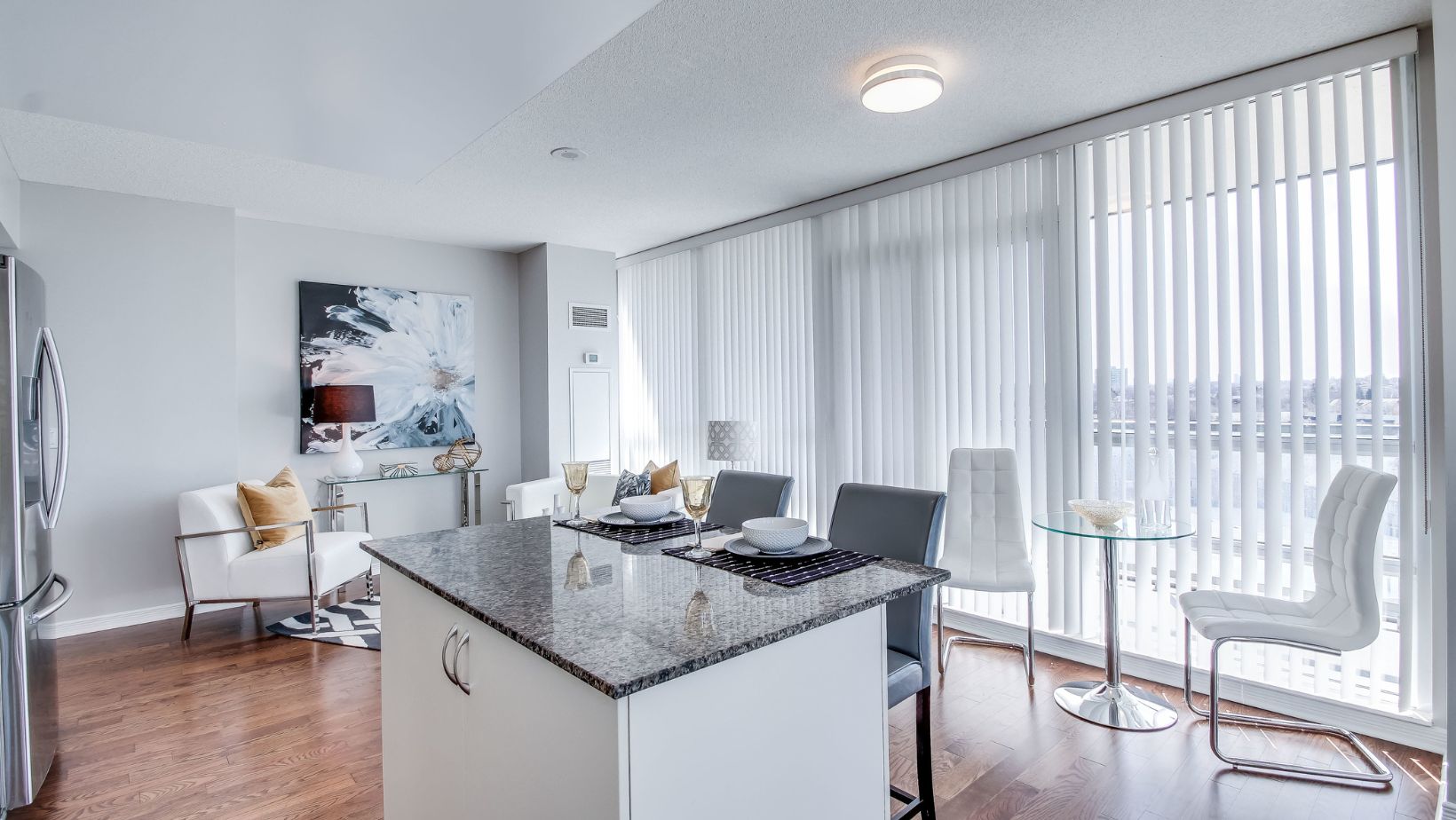
One pivotal decision stands out in the quest for the ideal home: should you buy or rent your living space, especially when considering a condo?
While seemingly straightforward, this choice involves many factors, including financial considerations, lifestyle preferences, and long-term goals.
In 2024, the landscape of home ownership and rental has evolved, presenting new data and trends essential to making an informed decision.
This guide delves into these aspects, offering insights into the eternal dilemma of buying versus renting, backed by current statistics and market analysis.
Making The Right Homeowner Choice
Before embarking on the journey of choosing between buying and renting, it’s crucial to grasp the current state of the real estate market.
In 2024, the landscape presents a mixed bag of trends. While some regions see a rise in rental prices outpacing home prices, others maintain a balanced growth between the two.
Location, economic stability, and housing supply play significant roles.
For instance, areas with high population density tend to have a higher propensity for renting, whereas the affordability of home ownership varies significantly across different states
The Eternal Dilemma: Buying Or Renting A Condo
The financial aspect is arguably the most significant factor in deciding whether to purchase or rent.
In 2024, median rents for three-bedroom homes have increased in most U.S. counties, with rent climbing faster than home prices in over 60% of the analyzed areas.
This trend highlights the growing challenge for potential buyers, as high rental rates and increasing home prices create a complex decision-making environment.
Renting: A Flexible Option
Renting offers flexibility and freedom from maintenance responsibilities and long-term financial commitments.
It’s a viable option for those who prioritize mobility or are not ready for the financial undertaking of a mortgage.
In 2024, the rental market sees a moderation in price growth, but it still remains a significant portion of an average person’s income.
Buying: Long-Term Investment
On the other hand, buying a condo presents an opportunity for long-term investment and wealth accumulation.
Despite the challenges of high prices and stringent loan qualifications, owning a home offers stability, tax advantages, and the potential for property value appreciation over time.
Buying might be the preferable option for those who can afford the initial costs and are seeking long-term benefits.
Advantages Of Renting A Condo
Exploring the advantages of renting a condo in 2024 reveals a landscape of financial flexibility and convenience, offering a range of benefits for those seeking a hassle-free living arrangement.
Financial Flexibility And Lower Costs
Renting a condo in 2024 offers significant financial benefits.
One of the key advantages is the absence of property taxes and generally lower insurance costs compared to homeownership.
This can result in substantial savings over time.
Renters are not burdened with the substantial down payments often required when purchasing a home.
In many cases, a security deposit and the first month’s rent are all that’s needed to move into a rental property.

This financial flexibility can be particularly advantageous in today’s economic climate, when saving for a large down payment can be challenging for manypeople.
Maintenance And Amenities
Another notable benefit of renting a condo is that maintenance and repairs are typically the responsibility of the landlord or property management.
This can save renters significant amounts of money and relieve them of the stress and time commitment involved in property upkeep.
Furthermore, many rental properties offer access to desirable amenities like fitness centers, swimming pools, and community spaces, which enhance the quality of life without additional personal investment.
Disadvantages Of Renting A Condo
While renting a condo in 2024 comes with its advantages, there are also notable disadvantages to consider, particularly regarding long-term financial investment and personal control over the living space.
Lack Of Equity And Market Exposure
While renting a condo has its perks, there are also downsides. One major disadvantage is the inability to build equity.
Unlike homeowners, renters do not benefit from the potential appreciation of property value over time.
Renting does not provide exposure to real estate market growth, which can be a significant wealth-building tool.
This lack of investment in a tangible asset can be a downside for those looking to accumulate long-term wealth through property ownership.
Less Control And Stability
Renters often have less control over their living situation compared to homeowners.
They may face restrictions on customizing their living space and are typically subject to the terms set by landlords, which can change with new lease agreements.

Moreover, renters might have a different sense of permanence and stability from owning a home.
This can particularly impact those who value long-term security and a stable living environment.
Final Remarks
The decision to rent or buy a condo in 2024 depends on individual circumstances, financial goals, and lifestyle preferences.
While renting offers financial flexibility, lower costs, and less responsibility for maintenance, it lacks the long-term financial benefits of equity building and market exposure that come with homeownership.
It’s essential to weigh these factors carefully to make the best choice for your personal and financial situation.





